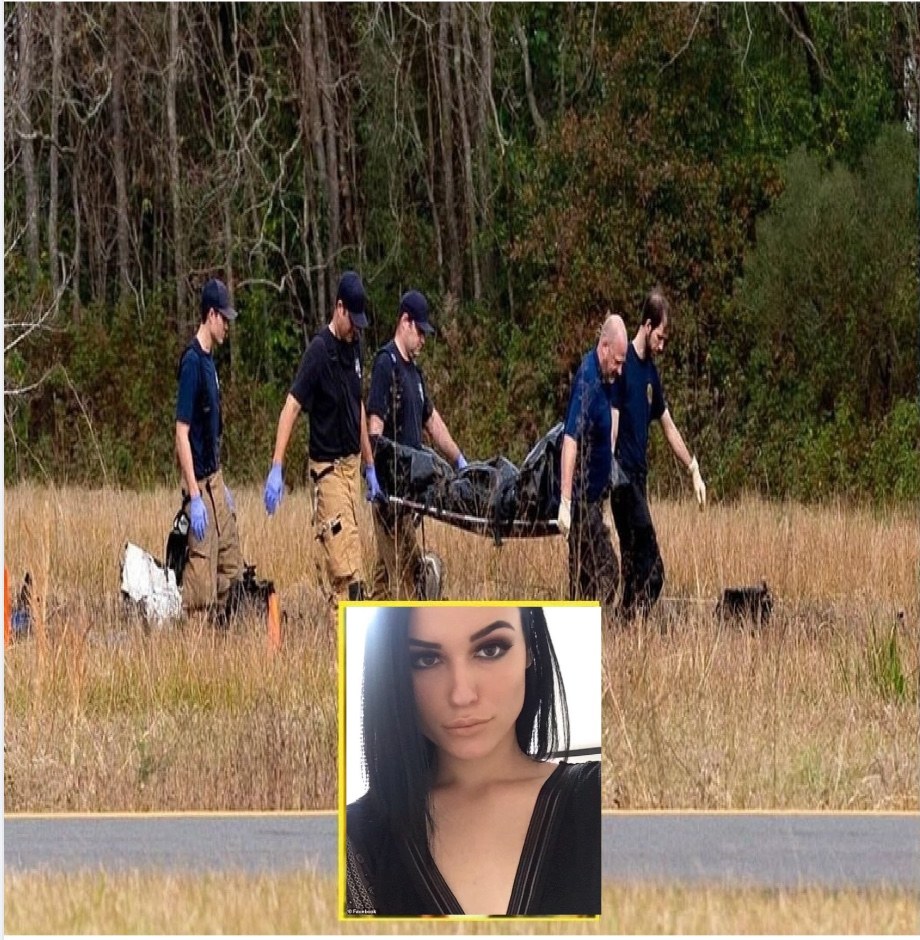A devastating tragedy struck the city of Adelaide, leaving deep scars not only on one family but also across the wider community of South Australia. A father, who should have been the protector and guide of his daughter, instead became the cause of an irreparable loss when, during a private confrontation, 20-year-old Sabrina lost her life. The incident, described by the court as a catastrophic breach of trust, has since stood as a painful reminder of the fragility of family bonds and the urgent need for greater access to mental health and conflict-resolution support.
This week, the Supreme Court of South Australia delivered its final judgment. Justice Trish Kelly sentenced 49-year-old Petrit Lekaj to life imprisonment with a non-parole period of 20 years. This means he will not be eligible for parole until 2039, and even then, no legal ruling can erase the weight of his actions or the grief carried by those who loved Sabrina.
What began as an ordinary evening ended in tragedy. Petrit and Sabrina had gone out to pick up food, but simmering tensions erupted inside the car. In the weeks leading up to the incident, disagreements had been mounting—over lifestyle, independence, and personal choices. Such disputes are common in many households, but in the Lekaj family they became explosive flashpoints. That night’s confrontation destroyed a young life and permanently shattered the bond between parent and child. Justice Kelly described the act as a devastating breach of the parent-child relationship—words that capture the depth of sorrow felt by Sabrina’s mother, Romina, as well as her friends, classmates, and the community at large.
During sentencing, Justice Kelly highlighted the contrast between what the parent-child bond is meant to represent and how brutally it was broken. “The bond between a parent and a child is ordinarily fundamental,” she said. “When that bond is broken in such a tragic way, the impact on the family and the wider community is immeasurable.” Her remarks reached beyond the legal dimension of the case, underlining the contradictions in Petrit’s life: a father torn between protective instincts and the destructive decisions that consumed him on that fateful night in 2019.
Outside the courtroom, grief hung heavily in the air. Sabrina’s mother, devastated, chose not to speak to reporters, her silence more powerful than words. Friends and neighbors, visibly shaken, recalled the family as seemingly close and ordinary. For many in Adelaide, the case was shocking not only because of its violence but because it arose from what appeared to be a typical household. The sharp contrast between outward appearances and the grim reality pushed the community to reflect on how unresolved conflicts and unspoken emotional struggles can spiral into fatal consequences.
Sabrina was just 20 years old, a student at the University of Adelaide with dreams fueled by creativity and compassion. Friends described her as ambitious, intelligent, and full of energy, someone whose life was only beginning to take shape. Social media became a space for classmates and peers to share tributes, memories, and messages of support for her grieving family. Although her story ended in tragedy, it has since become a symbol—a reminder of how quickly life can change and how vital it is to nurture empathy, communication, and understanding within families.
The case has prompted both professionals and community members to ask difficult questions about what could have been done differently. Psychologists emphasize that disagreements between parents and children are natural, but when left unresolved, they can escalate to dangerous extremes. Important lessons have emerged: families need to pause when emotions flare, seek to de-escalate conflict, and turn to counseling or therapy for neutral ground. South Australia offers organizations such as Lifeline, Headspace, and Relationships Australia, which provide critical support to families navigating emotional challenges.
While the legal process has now concluded, the journey toward healing continues. For the Lekaj family, grief will never fully fade. For the community, Sabrina’s memory has become a call to awareness and advocacy. Local groups have begun hosting forums and conversations, urging families to strengthen communication, emotional resilience, and mutual support. The hope is that by encouraging open dialogue between parents and young adults, tragedies like this may be prevented in the future.
Ultimately, this heartbreaking case is more than just a legal matter—it is a stark reminder of how fragile trust can be, and of the devastating consequences when it is broken. The law may bring a sense of closure, but true healing requires accountability, empathy, and a collective commitment to learning from the past. By honoring Sabrina’s memory with compassion and reflection, families and communities can transform grief into strength, building deeper bonds and stronger support systems for the future.
